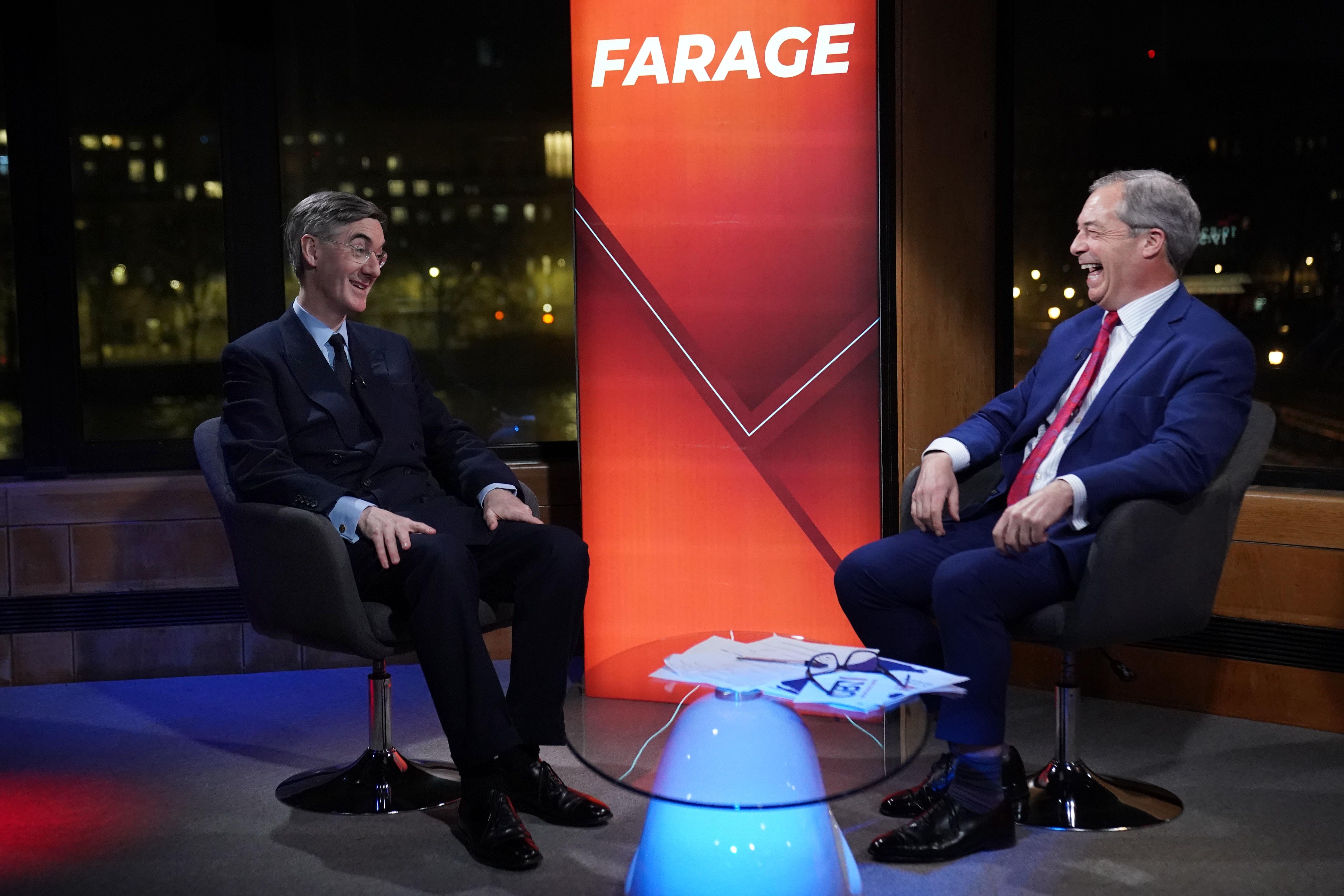Nigel Farage and Lee Anderson could be at risk of losing their presenting roles at GB News if certain reforms are introduced by a new parliamentary body set up to restore trust in politics.
In its election manifesto, the Labour Party committed to establishing a modernisation committee of crossparty MPs tasked with reforming House of Commons procedures and driving up standards.
Following the newly formed committee’s first meeting this week, chair Lucy Powell – who also serves as Commons leader – on Thursday set out the body’s key priorities, which include addressing “cultural issues of bullying and harassment” and giving MPs more opportunity to scrutinise government legislation.
In the first of its suggested initial priorities, Ms Powell said MPs would scrutinise whether paid media appearances offer any value to the public.
The committee should particularly focus on considering “what advantages, if any, outside paid engagements such as media appearances, journalism and speeches furnish to the public, versus the potential conflicts of interest and attention that arise from such paid endeavours”, Ms Powell said.
The committee will consult closely with the parliamentary standards commissioner for advice on changing the rules around MPs’ outside interests, she added.
The development comes amid public debate about MPs working lucrative second jobs as contracted TV and radio presenters, with calls for broadcasting regulator Ofcom to tighten the rules around politicians presenting on news channels.
It has particularly arisen as an issue with the emergence of GB News and TalkTV, both of which have employed sitting politicians as presenters, a role in which they are often tasked with interviewing members of the same party, such as former Tory MP Nadine Dorries interviewing Boris Johnson on TalkTV.

Mr Farage, who is the leader of Reform UK and now the MP for Clacton, and Tory defector Mr Anderson both present long-running shows on GB News. According to the register of MPs’ interests, Mr Farage was paid £80,000 by GB News in July for approximately 32 hours’ work, including backpay, while Mr Anderson receives £100,000 per year.
While Ofcom does not ban politicians from presenting, its rules state that broadcasters must take steps to ensure they do not act as a newsreader, news interviewer or news reporter, leading the regulator to rule in March that five GB News shows presented by three Tory MPs – Sir Jacob Rees-Mogg, Esther McVey and Philip Davies – broke impartiality rules.
Ofcom also opened an investigation in April into an LBC segment hosted by the then shadow foreign secretary David Lammy, but confirmed to The Independent on Thursday that it was still investigating the case five months later.
Among those to have voiced concern is Chris Banatvala, who was Ofcom’s director of standards when its rules around politicians presenting programmes were drawn up in 2005. He said that no one at the time had foreseen the rise in politician presenters, and that Ofcom should decide “whether what is emerging is acceptable in terms of due impartiality”.
While serving as shadow culture secretary last year, Ms Powell also warned that she found the idea of politicians presenting on news channels “very concerning”, and argued that Ofcom “should be looking at these issues”.
